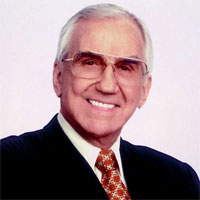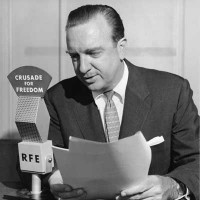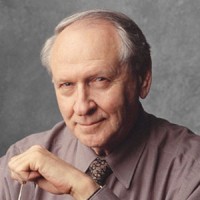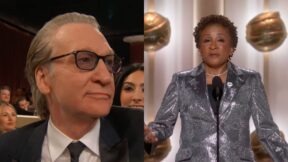A Retrospective: 28 Media Leaders Who Died This Decade
2009

Who: Ed McMahon
Major Accomplishment: McMahon was one of the most recognizable men in America. Indeed, for decades he was one of television’s most ubiquitous pitchmen, selling everything from boats to beer. He was the host of the long-running television talent show “Star Search” and wrote some popular books, including his memoirs.
Legacy: McMahon regarded his friendship with Johnny Carson as a marriage of sorts. “Most comic teams are not good friends or even friends at all,” he wrote in “Here’s Johnny.” “For 40 years Johnny and I were as close as two nonmarried people can be,” he wrote. “And if he heard me say that, he might say, ‘Ed, I always felt you were my insignificant other.’”

Who: Walter Cronkite
Major Accomplishment: From 1962 to 1981, Cronkite was a nightly presence in American homes and always a reassuring one, guiding viewers through national triumphs and tragedies alike, from moonwalks to war, in an era when network news was central to many people’s lives. He became something of a national institution, with an unflappable delivery, a distinctively avuncular voice and a daily benediction: “And that’s the way it is.”
Legacy: “He had already won Emmy Awards, a Peabody and the Presidential Medal of Freedom, and he continued to pile up accolades. Arizona State University named its journalism school after him. In July 2006, PBS broadcast a 90-minute “American Masters” special on Cronkite’s career. Sidney Lumet, the filmmaker, appeared and said, “He seemed to me incorruptible in a profession that was easily corrupted.”

Who: Eunice Kennedy Shriver
Major Accomplishment: The first Special Olympics brought together 1,000 athletes from 26 states and Canada for competition. In December 1968, Special Olympics Inc. was established as a nonprofit charitable organization. Since then, the program has grown to almost three million athletes in more than 180 countries.
Legacy: “When the full judgment of the Kennedy legacy is made — including J.F.K.’s Peace Corps and Alliance for Progress, Robert Kennedy’s passion for civil rights and Ted Kennedy’s efforts on health care, workplace reform and refugees — the changes wrought by Eunice Shriver may well be seen as the most consequential,” U.S. News & World Report said in its cover story of Nov. 15, 1993.

Who: William Safire
Major Accomplishment: Safire won his Pulitzer Prize for columns that accused President Jimmy Carter’s budget director, Bert Lance, of shady financial dealings. Lance resigned, but was acquitted in a trial. He then befriended his accuser.
Legacy: Safire called Hillary Clinton a “congenital liar” in print. Clinton said she was offended only for her mother’s sake. But a White House aide said that Bill Clinton, “if he were not the president, would have delivered a more forceful response on the bridge of Safire’s nose.” Safire was delighted, especially with the proper use of the conditional.
>>>NEXT: An UPDATE featuring 5 black media leaders we lost this decade…
This is an opinion piece. The views expressed in this article are those of just the author.





Comments
↓ Scroll down for comments ↓